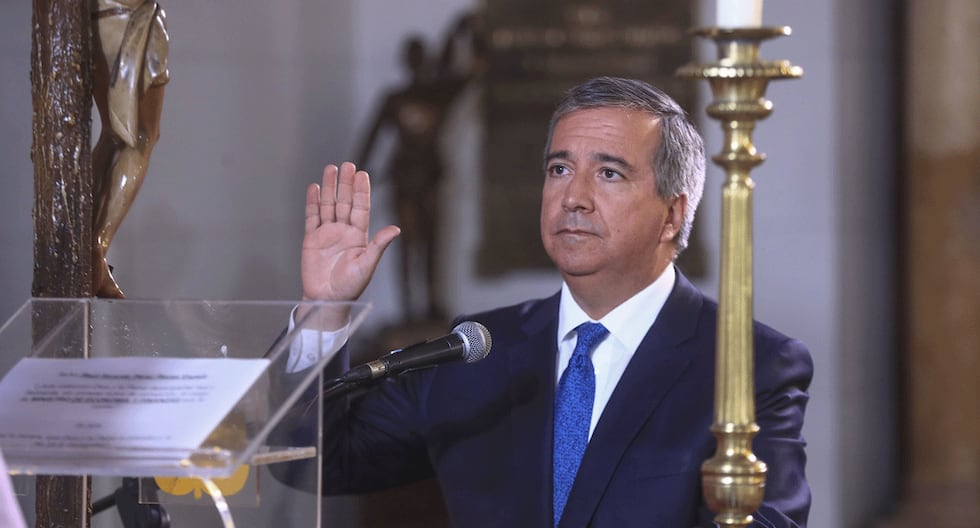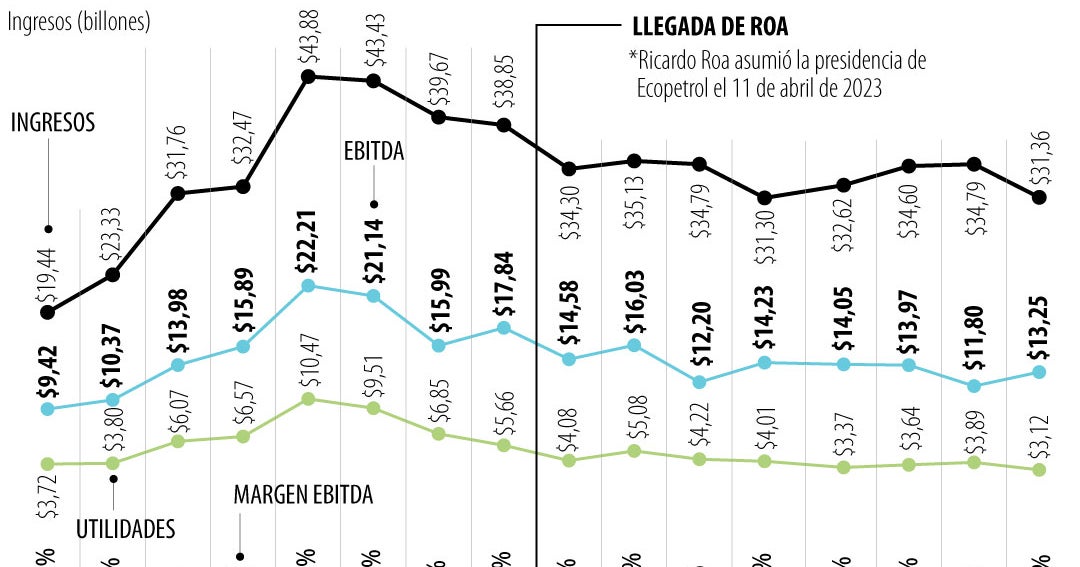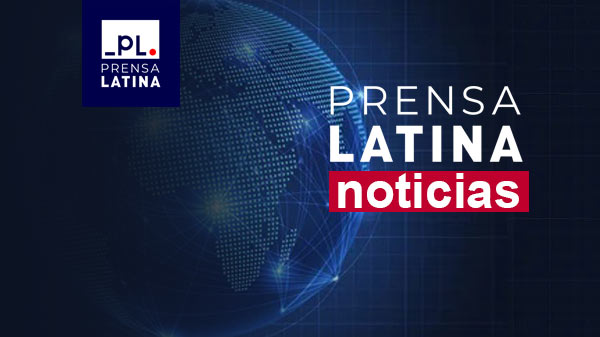Election-Year Spending Spree: Peru's Finance Minister Prepares for Increased Fiscal Deficit

Peru's Finance Minister Gears Up for Pre-Election Fiscal Spending
As Peru approaches a critical election year, Finance Minister Raúl Pérez-Reyes is already laying the groundwork for a significant increase in fiscal spending. The proposed plan involves elevating the fiscal deficit from 2.2% to 2.8%, a move that has sparked debate and concern among economists and political analysts.
This decision arrives amidst a complex backdrop of demands from Congress, regional governments, and local municipalities. These entities are seeking increased funding for various projects and initiatives, adding further pressure on the national budget. The timing of this spending surge, so close to the elections, has raised questions about potential political motivations.
A Record Year for Government Spending
2024 proved to be a record-breaking year for government expenditure in Peru. The nation's financial landscape has been significantly impacted by a series of economic challenges and the need to address pressing social issues. The previous deficit level, while already substantial, was surpassed as the government responded to evolving circumstances and prioritized key areas like infrastructure development and social programs.
The Implications of a Higher Deficit
Raising the fiscal deficit to 2.8% carries significant implications for Peru's economic stability. While proponents argue that increased spending can stimulate economic growth and address immediate needs, critics warn of potential inflationary pressures and long-term debt burdens. The increased borrowing required to finance the deficit could also negatively impact Peru's credit rating, making it more expensive to access international capital markets.
Congressional and Regional Demands
The pressure on Minister Pérez-Reyes to increase spending stems from numerous sources. Congress has been vocal about the need for greater investment in infrastructure and social welfare programs. Regional and local governments are also seeking additional resources to address their specific needs and deliver essential services to their constituents. Balancing these competing demands while maintaining fiscal responsibility is a major challenge for the Finance Ministry.
Economic Outlook and Future Challenges
The decision to increase the fiscal deficit comes at a time of global economic uncertainty. Rising inflation, supply chain disruptions, and geopolitical tensions pose significant risks to Peru's economic outlook. Minister Pérez-Reyes faces the daunting task of navigating these challenges while ensuring the long-term sustainability of the nation's finances. Careful planning, transparency, and responsible fiscal management will be crucial in the months and years ahead.
The government's actions in the run-up to the elections will be closely scrutinized by both domestic and international observers. The balance between meeting immediate needs and safeguarding Peru's economic future will ultimately determine the success of this pre-election fiscal strategy.

:format(jpg):quality(99):watermark(f.elconfidencial.com/file/bae/eea/fde/baeeeafde1b3229287b0c008f7602058.png,0,275,1)/f.elconfidencial.com/original/42c/139/912/42c1399122cf2d6cecb0efba091b34d9.jpg)




